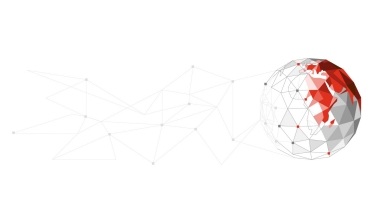Workplace: Leading with digital upskilling
Before we knew that this was to become a global pandemic, we saw colleagues in other territories going into lockdown, temporarily halting the lives they knew. We reacted quickly to the uncertainty of the situation and, as one of the first large organisations in Switzerland, switched to remote work, following our core value of caring for each other by putting safety first.
There is a lot that can be done wrong when going remote: putting off important decisions until “things go back to normal”, creating an “always on” mentality in the virtual space, or missing out on managing expectations amongst employees, clients and leaders.
Thanks to a foray into digitalisation we started several years ago, combined with our existing routine to work remotely, digital upskilling and the appropriate IT infrastructure in place, we managed to avoid most of these issues. What helped us manage the remote work transformation of 100% of our workforce was our short term and long term strategy. Short term, we try to support each other as much as possible, for example:
- by an adjusted offering to empower colleagues to prioritize their physical and mental well-being also in the home office;
- with a group of colleagues who created various tips and tricks to make life in the home office easier; or
- by offering flexible solutions to colleagues with children.
Long term, as we expect more people staying within a remote setting, we are reviewing our onsite and remote culture for the post COVID-19 time:
- we continuously adjust our remote work policy in compliance with relevant laws and regulations as well as the feedback of our colleagues;
- we will keep on upskilling colleagues in leadership and adjust learning and development programs to remote settings where needed;
- we will adjust our hiring process to attract and onboard exceptional remote talent.










